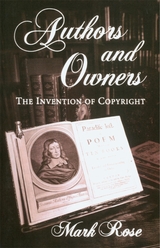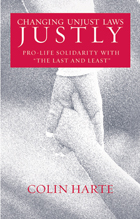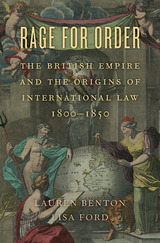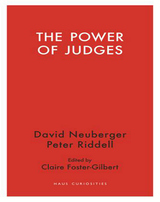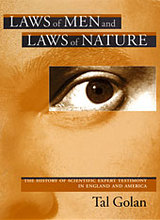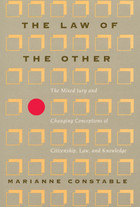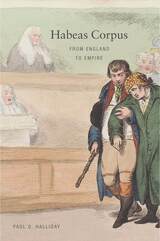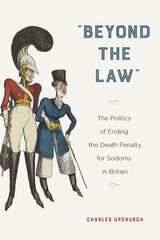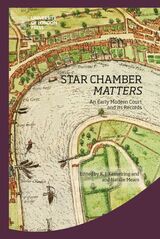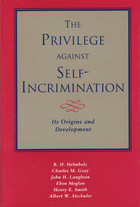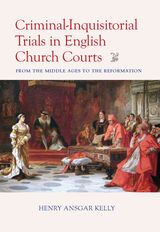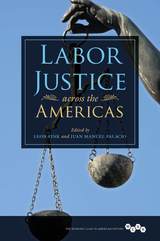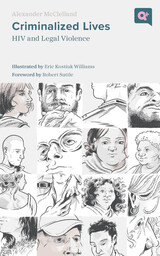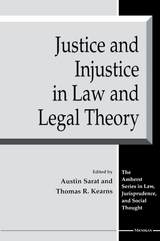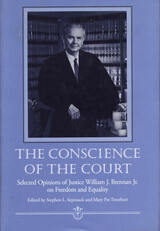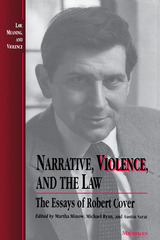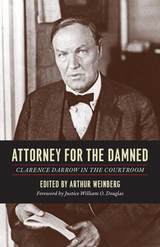The Privilege against Self-Incrimination: Its Origins and Development
University of Chicago Press, 1997
Paper: 978-0-226-32661-0 | Cloth: 978-0-226-32660-3
Library of Congress Classification KD8386.P75 1997
Dewey Decimal Classification 345.41056
Paper: 978-0-226-32661-0 | Cloth: 978-0-226-32660-3
Library of Congress Classification KD8386.P75 1997
Dewey Decimal Classification 345.41056
ABOUT THIS BOOK | TOC
ABOUT THIS BOOK
Challenging the accounts of John Henry Wigmore and Leonard W. Levy, this history of the privilege against self-incrimination demonstrates that what has sometimes been taken to be an unchanging tenet of our legal system has actually encompassed many different legal consequences in a history that reaches back to the Middle Ages.
Each chapter of this definitive study uncovers what the privilege meant in practice. The authors trace the privilege from its origins in the medieval period to its first appearance in English common law, and from its translation to the American colonies to its development into an effective protection for criminal defendants in the nineteenth century. The authors show that the modern privilege—the right to remain silent—is far from being a basic civil liberty. Rather, it has evolved through halting and controversial steps. The book also questions how well an expansive notion of the privilege accords with commonly accepted principles of morality.
This book constitutes a major revision of our understanding of an important aspect of both criminal and constitutional law.
Each chapter of this definitive study uncovers what the privilege meant in practice. The authors trace the privilege from its origins in the medieval period to its first appearance in English common law, and from its translation to the American colonies to its development into an effective protection for criminal defendants in the nineteenth century. The authors show that the modern privilege—the right to remain silent—is far from being a basic civil liberty. Rather, it has evolved through halting and controversial steps. The book also questions how well an expansive notion of the privilege accords with commonly accepted principles of morality.
This book constitutes a major revision of our understanding of an important aspect of both criminal and constitutional law.
See other books on: Criminal Law | Gray, Charles M. | Its Origins | Langbein, John H. | Self-incrimination
See other titles from University of Chicago Press


